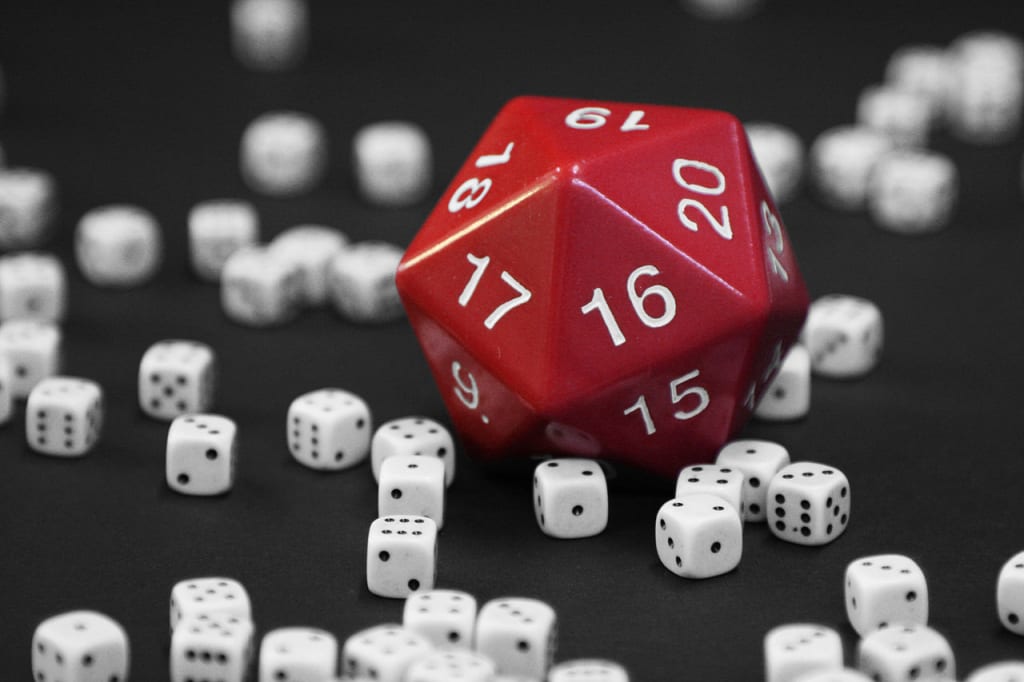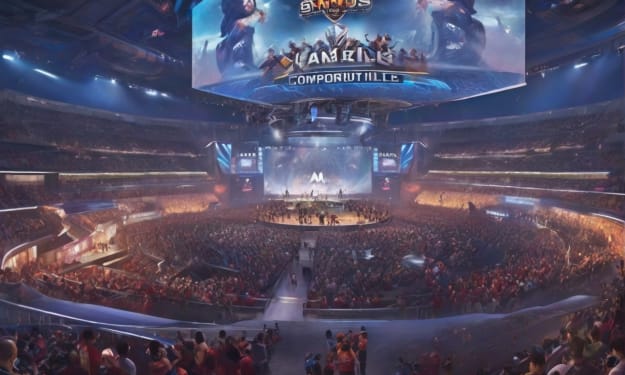The Joy of Problems
My Love Affair with D&D

It was, I think, a Saturday night. I was 15. I had crossed the street to knock on a friend's front door, to find out if he wanted to do something and he told me, "I can't, I'm playing D&D." I had never heard of it.
A game? Yes. "Can you explain it?" I asked.
"No, I can't," he said. "You have to play it." Whereupon he invited me.
That was thirty-eight years ago. I did not know at the time that the game would become an obsession, that it would drive me to learn and expand my thinking for almost forty years. And yet, in all this time, my friend's inability to explain the game has remained with me. It really can't be explained. It has to be experienced.
My first time playing, I understood very little. I was told to be a fighter, as it was the easiest class to play. I was told to write down "abilities," numbers, and other unfamiliar names for things. My equipment was rattled off at me as I quickly copied the list on an ordinary sheet of paper. Lengthy explanations were not given, for that would have held up those who already knew how to play. "Watch and learn," I was told. Watch and learn I did.
A fellow explained that I was on a field (to use my imagination) and that there was something lizard-like in the distance. I was on a horse. What did I wish to do? I answered that I would lift my sword and ride at the beast. A weird-looking die with many more than six sides was pushed into my hand and I was told to roll it.
Thus was I turned to stone, as I failed my saving throw. The lizard was a basilisk.
So for the rest of the night, for about three hours, I sat around as a stone statue and watched other people play, until they could find a wizard to say a few words of mumbo-jumbo and transform me back to flesh.
I loved it. Since then, the game and I have been trapped in this affair of adoration. I find every part of it engrossing, satisfying and enlightening—not because it is about some make-believe world, but because the game offers a degree of problem-solving that I can find nowhere else. For me, it is more than running a few people on regular nights; it is the ongoing process of making and remaking the game; building the world and then rebuilding it with greater and greater complexity; and finally and forever, talking about the game, as others and me struggle to improve our presentation and mastery over the game's play.
D&D—and RPGs in general—are games that are played even when they are not being played. They are the giants among games. There is always something to think about. What would be a better set of rules for grappling or sailing? Once the players get to the mountain, what are the natives going to say and how can I trick the players into believing them? What was I doing, letting that player talk me into giving him control of the city? Why has my game been faltering lately? Why has it been doing so well?
Problems. Even when the game isn't on. Things to think about, things to plan for, things to solve. Making a world that doesn't exist work as though it does.
Or, perhaps, as it might. Yes. That is a better way to put it.
About the Creator
Alexis D. Smolensk
For more content, see The Tao of D&D: http://tao-dnd.blogspot.ca/ and my game wiki at http://tao-of-dnd.wikispaces.com/General+Index. Please support my Patreon: https://www.patreon.com/user?u=3015466






Comments
There are no comments for this story
Be the first to respond and start the conversation.